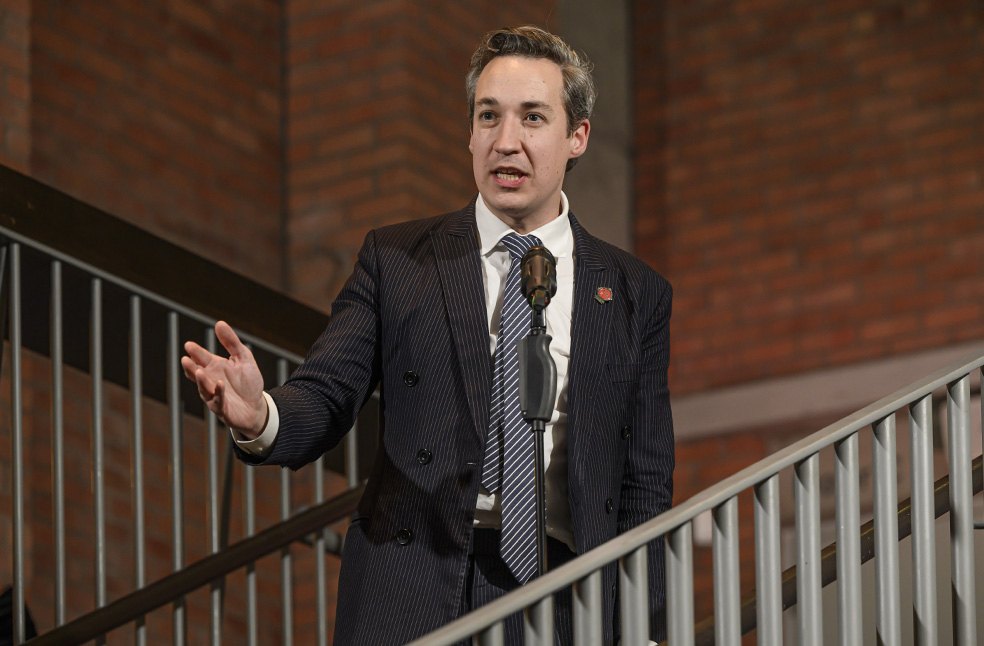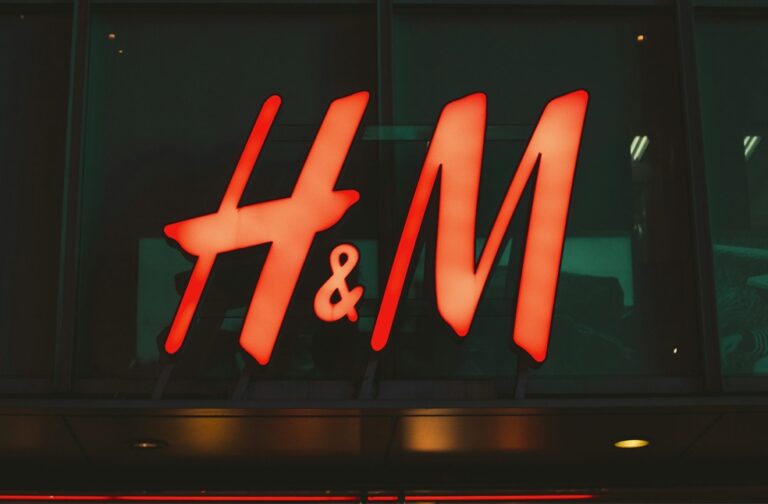London: Fashion retailer H&M is adopting artificial intelligence (AI) to create digital “twins” of 30 models. The models will utilize their AI-generated counterparts in select social media posts and marketing campaigns—provided they give their consent.
Chief Creative Officer Jörgen Andersson stated that the company aims to explore new creative ways to present fashion while embracing the advantages of emerging technology without compromising its “human-centric approach.” However, critics argue that the initiative could negatively impact jobs within the fashion industry, including photographers, stylists, makeup artists, and lighting professionals.
American influencer Morgan Riddle condemned the move as “shameful,” warning that it could lead to job losses on photoshoot sets.
H&M, which also owns brands such as Arket, Cos, Monki, & Other Stories, and Weekday, operates over 4,000 stores across 75 markets worldwide. The industry publication Business of Fashion first reported the initiative.
Watermarks, Rights, and Compensation
H&M emphasized that models would maintain rights over their AI-generated likenesses, determining their use by the company and potentially other brands. AI-generated images will initially be used on social media and include watermarks to indicate their artificial nature, aligning with disclosure policies on platforms like Instagram and TikTok.
The company assured that models would be compensated for the use of their digital twins like existing agreements—receiving payment based on rates set by their agents.
Paul W. Fleming, general secretary of UK trade union Equity, which represents fashion models, stressed the importance of models maintaining full control over their digital likenesses and receiving fair compensation. Fleming welcomed brands moving toward AI protections but called for stronger union agreements and legislative measures to prevent exploitation.

Fleming further warned that current industry regulations provide little protection against AI developers illegally scraping models’ likenesses for use in generative AI tools.
AI in Fashion
H&M is partnering with Swedish tech firm Uncut to develop its AI models. The company describes its mission as helping major brands move away from traditional production methods, making content creation “simpler, smarter, and more affordable.”
While some models see potential benefits—such as increased work opportunities without the need for travel—others remain concerned about unfair contracts that could strip them of their rights to ownership and appropriate compensation.
Fashion brands such as Hugo Boss and Levi Strauss & Co. have also experimented with AI-generated models. In 2023, Levi’s announced it would use AI-generated images to promote greater diversity but later clarified that it would not replace live model photoshoots after facing criticism.
AI’s Impact on Fashion
Generative AI can rapidly create hyper-realistic images based on text prompts at low costs, making it an attractive tool for industries requiring high volumes of marketing content.
However, its increasing use in fashion and beauty has sparked backlash, with concerns that AI adoption may lead to fewer job opportunities for production teams, including photographers, makeup artists, and stylists.
Despite the ongoing debate, H&M’s initiative highlights the fashion industry’s evolving relationship with AI—a shift that is being closely monitored by creatives, unions, and regulators worldwide.



